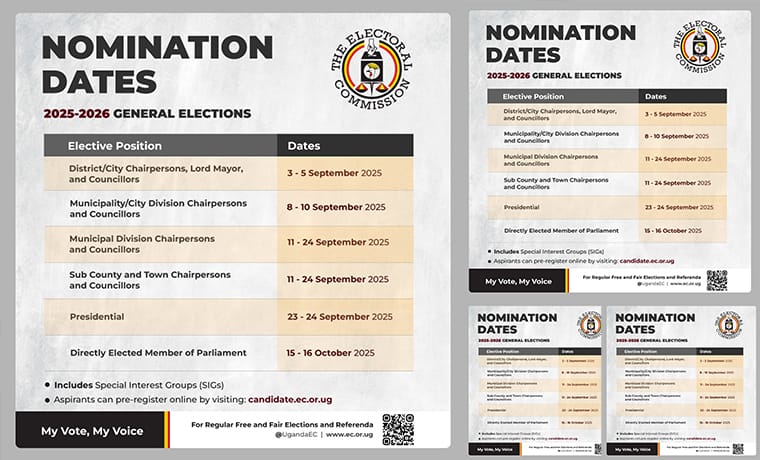By Mulengera Reporters
The Auditor General’s 2023/2024 report has exposed glaring inefficiencies in solid waste management across Uganda, revealing that only 37% of the 4,034,740 tons of waste generated over three years was collected and disposed of.
The crisis is particularly pronounced in urban areas, where cities managed to collect just 34.4% of their waste, while municipalities fared slightly better, achieving 50%. These figures highlight the systemic gaps in waste management infrastructure and implementation, posing serious risks to the environment and public health.
The report also revealed significant disparities in performance across local governments. Fort Portal City and Soroti City emerged as high achievers, with both recording impressive collection rates of 86%, demonstrating that effective waste management is possible with the right measures.
However, the situation in other areas paints a less optimistic picture. Lira City reported a collection rate of 10%, while Kitgum Municipality managed only 30%. These low-performing regions are stark reminders of the uneven distribution of resources and capacity in waste management efforts.
Several challenges have been identified as major contributors to the crisis. The lack of adequate garbage collection trucks has left many cities and municipalities unable to cope with increasing waste volumes. Compounding this is the absence of proper waste segregation practices, as limited public awareness continues to hinder efforts to sort waste at the source.
Moreover, the disengagement of communities has undermined attempts to implement sustainable waste management solutions, further escalating the problem.
The Auditor General emphasized the need for urgent intervention, advocating for a comprehensive solid waste management policy. This should be complemented by increased investment in infrastructure, such as modern garbage trucks and recycling facilities. Public awareness campaigns are also critical to educating communities on proper waste segregation practices and the environmental consequences of mismanaged waste.
Furthermore, stricter enforcement of regulations, including penalties for non-compliance, is necessary to ensure accountability and adherence to waste management laws.
Failure to address these challenges could lead to severe consequences for Uganda. The risks of environmental degradation, public health crises, and deteriorating urban living conditions are looming large. The Auditor General’s report serves as a wake-up call for policymakers and stakeholders to prioritize waste management as an urgent national issue, requiring immediate and coordinated action.

































